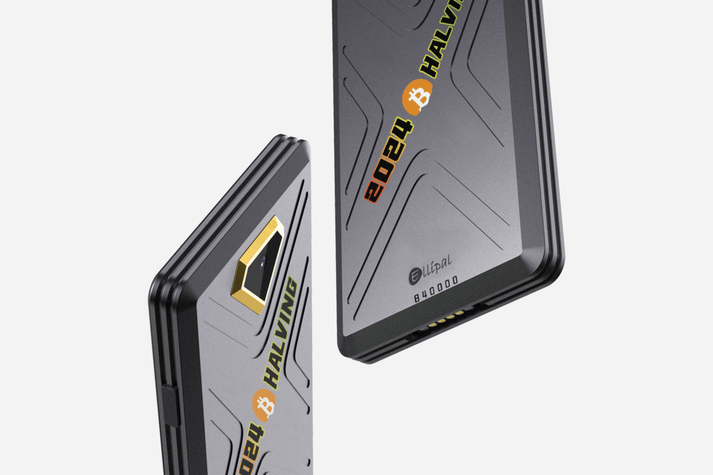Unlock the Secrets of Cold Wallets: The Ultimate Shield for Your Bitcoin!
In the rapidly evolving world of cryptocurrencies, Bitcoin has emerged as a prominent player, captivating the attention of investors and technology enthusiasts alike. However, with this rise in popularity comes an equally significant need for security. As digital currencies are prone to hacks and theft, ensuring the safety of your investments is paramount. This is where the concept of a cold wallet comes into play. A cold wallet is a type of cryptocurrency storage solution that keeps your Bitcoin offline, offering a robust defense against potential cyber threats. In this article, we will delve into what a cold wallet is, its importance in the cryptocurrency ecosystem, and the risks associated with inadequate security measures for your digital assets.

What is a Cold Wallet?
A cold wallet is a method of storing cryptocurrencies offline, significantly reducing the risks associated with online storage. Unlike hot wallets, which are connected to the internet and can be vulnerable to cyberattacks, cold wallets operate without any internet connection. This means that your private keys—the critical pieces of information needed to access and manage your Bitcoin—are kept completely isolated from potential threats. Cold wallets can take various forms, including hardware devices specifically designed for secure storage or even simple paper wallets where the keys are printed out. By moving your Bitcoin to a cold wallet, you are taking a proactive step in safeguarding your digital wealth from hackers and other malicious actors.
How Do Cold Wallets Work?
The operation of cold wallets involves several technical processes that ensure the secure storage of cryptocurrencies. When you create a cold wallet, a key generation process takes place, producing a pair of cryptographic keys: a public key and a private key. The public key is used to receive Bitcoin, while the private key is used to sign transactions and access your funds. This private key must be kept secret and secure. Cold wallets use encryption methods to protect the private keys, storing them in a way that is not accessible via the internet. Transferring Bitcoin to a cold wallet typically involves generating a transaction using your hot wallet, signing it with your private key stored on the cold wallet, and then broadcasting the signed transaction to the Bitcoin network. This process ensures that your Bitcoin remains safe and secure away from prying eyes.
Types of Cold Wallets
There are several types of cold wallets available, each with its unique features and benefits. One popular option is the hardware wallet, which is a physical device that stores your private keys offline. These wallets often come with security features like two-factor authentication and a secure chip to enhance protection. However, they can be relatively expensive and may have a learning curve for new users. Another type is the paper wallet, which involves printing your private and public keys on a physical piece of paper. While paper wallets can be incredibly secure if generated correctly and stored safely, they are also susceptible to physical damage and loss. Ultimately, the choice of cold wallet will depend on your security needs, budget, and comfort level with technology.
Why Use a Cold Wallet for Bitcoin?
The benefits of using a cold wallet for Bitcoin storage are numerous. First and foremost, cold wallets provide a significant layer of protection against hacks, malware, and phishing attacks that are prevalent in the cryptocurrency space. By keeping your Bitcoin offline, you are essentially making it inaccessible to cybercriminals. Additionally, for those who view Bitcoin as a long-term investment, a cold wallet offers peace of mind, knowing that your assets are secure from volatility and fluctuations in the market. Friends of mine who have invested in Bitcoin have often shared their experiences of anxiety related to keeping their wallets secure. Many have transitioned to cold wallets after encountering near-misses with online threats, and they report feeling a sense of relief knowing their investments are safeguarded. In an increasingly digital world, securing your assets through a cold wallet is not just advisable; it’s essential.
Securing Your Bitcoin Investments with Cold Wallets
In summary, cold wallets serve as a critical tool for anyone looking to secure their Bitcoin investments. By understanding what cold wallets are, how they operate, and the various types available, you can make informed decisions about your cryptocurrency storage methods. The importance of protecting your digital assets cannot be overstated, especially in a landscape filled with potential threats. As you consider your options for Bitcoin storage, I encourage you to explore the benefits of cold wallets and take the necessary steps to protect your financial future in this dynamic digital era.








